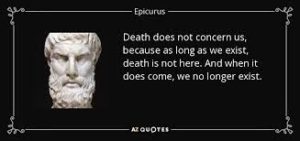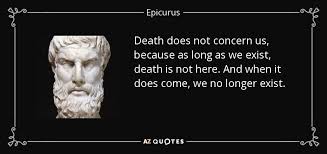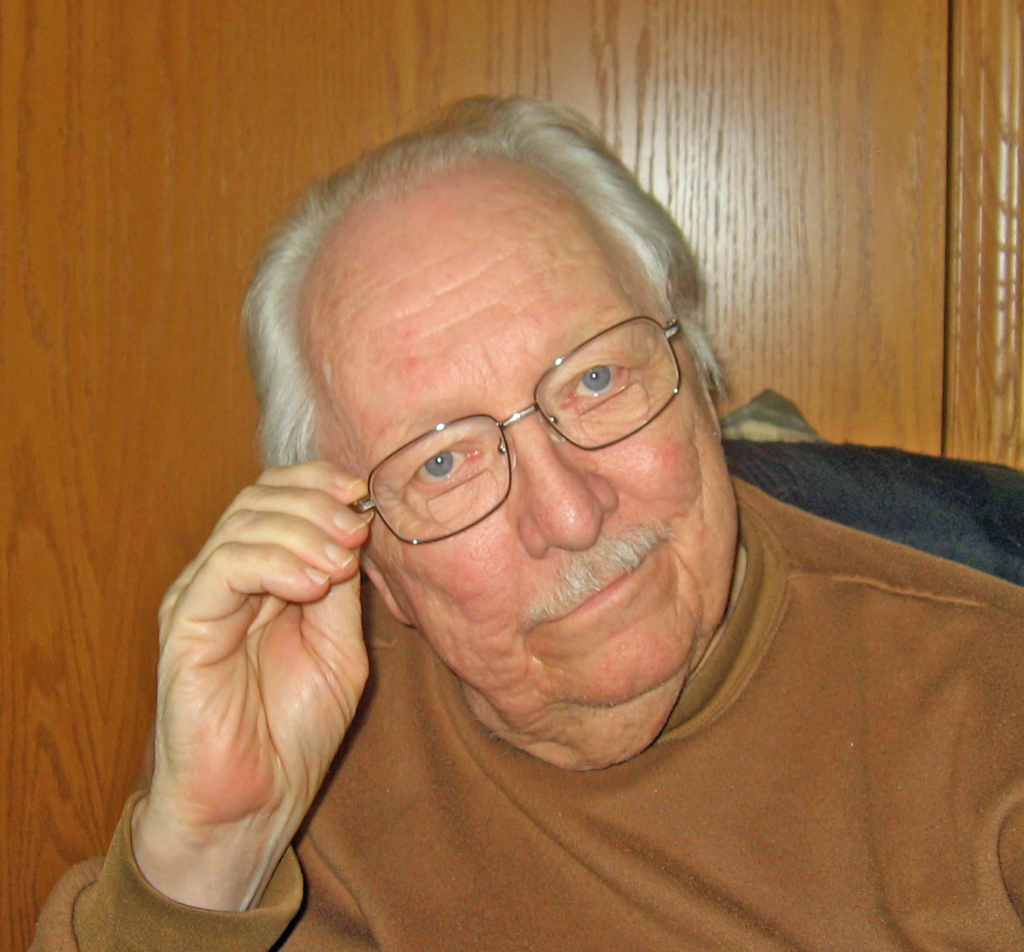Sharing is caring!

We think of the word Epicurean as having something to do with food. There is actually a school of philosophy founded by Epicurus about 300 BC. Obviously, his name was applied to a school of philosophy called Epicureanism. Many years ago, when I was studying history of philosophy, I thought Epicureanism was simply common sense. I was surprised to find that the Christian church suppressed it in 313 A.D. because of “irreconcilable” differences with the church’s teachings. That led to its decline and misunderstandings of its philosophy.
Some of its basic tenets would fit with Christian beliefs. It sought much like the Buddhist beliefs to lead a tranquil life. That could be achieved by doing things in moderation. It also taught to seek an absence of pain. Where it ran into problems with the Christian church was that Epicurus thought that God or gods were neutral and did not interfere in human lives. I think to many it would appear that he was dangerously close to atheism. A logical consequence of his thinking about trying to lead a tranquil life could be seen as interfering with the Christian belief of heaven and hell because it would disturb the tranquil nature of things. Those teachings could well increase your anxiety levels.
The modern definition of an Epicurean simply relates to food and not to a theory of philosophy. There is much more to Epicureanism than this short blog. If you’d like to learn a bit more about Epicureanism, there is a great short piece about him in the Stanford Encyclopedia of Philosophy. Interestingly, he had a belief in atoms – not as we understand them, but still very interesting.

